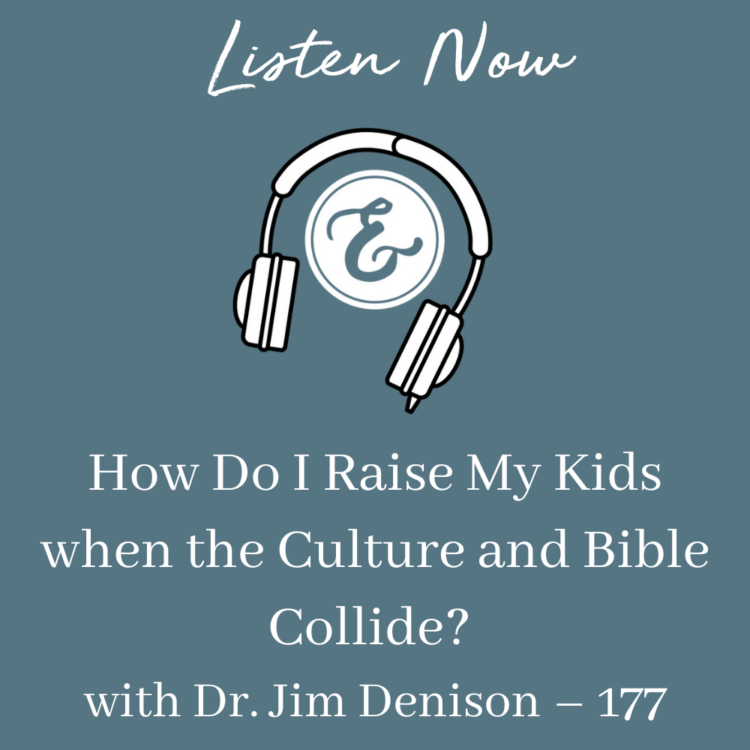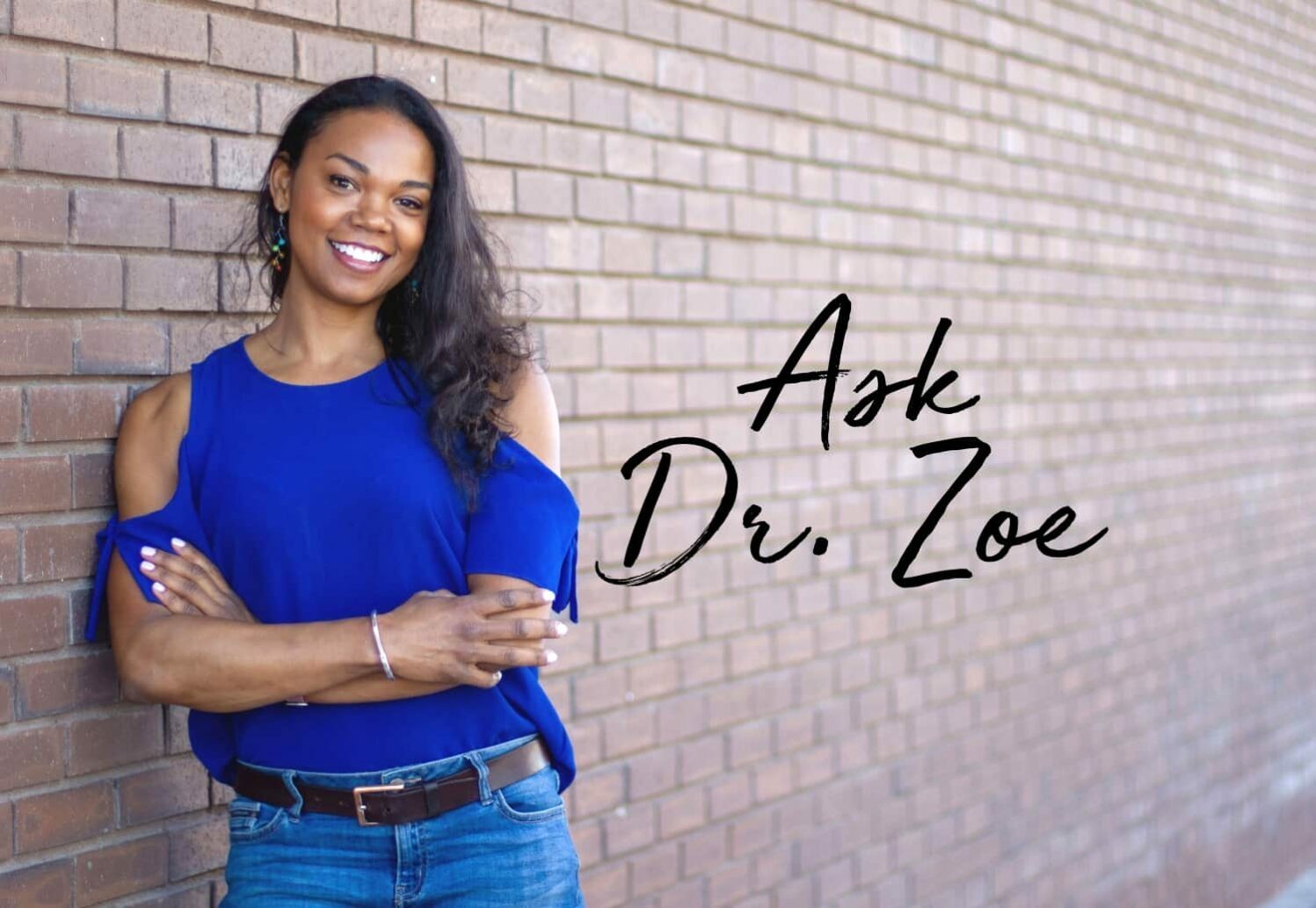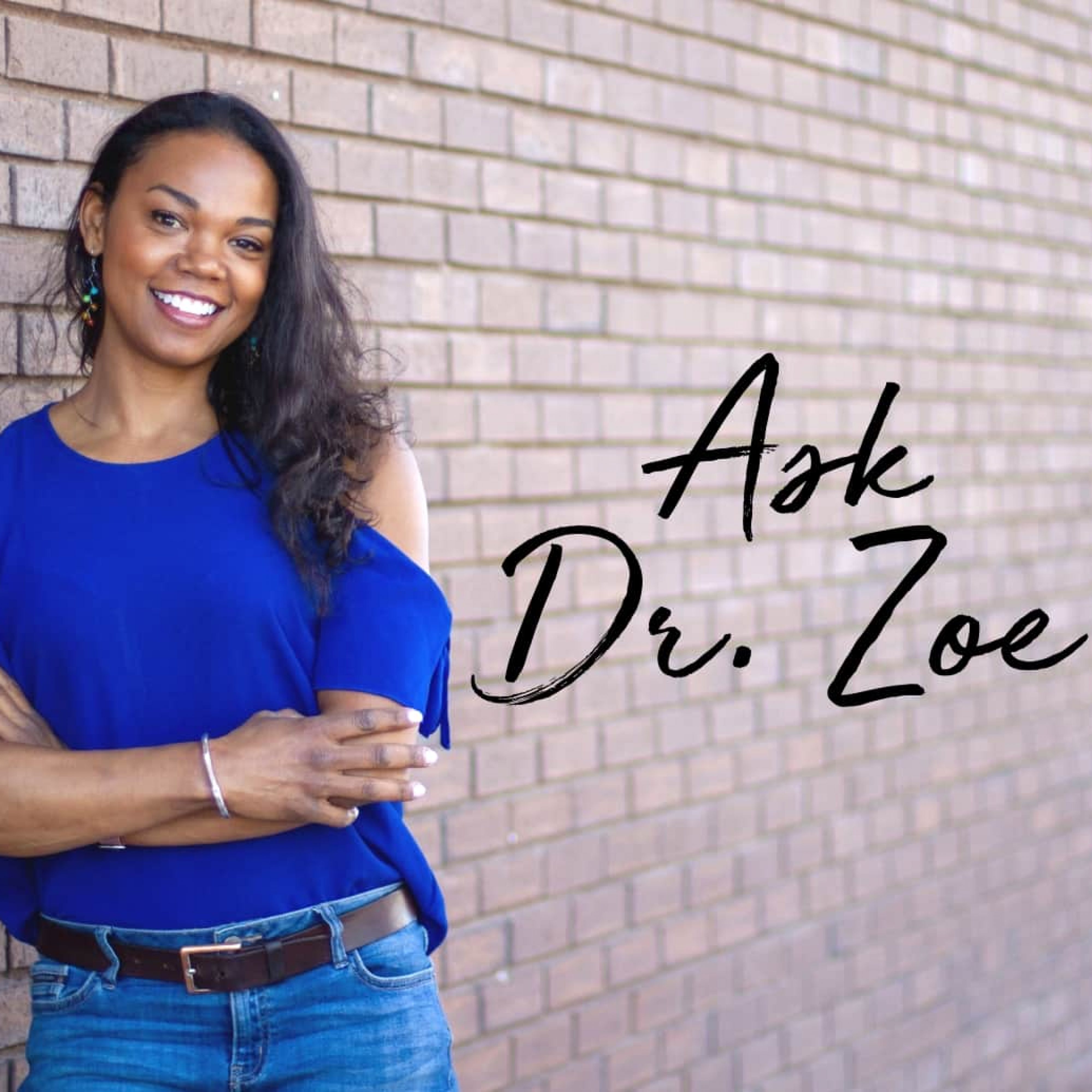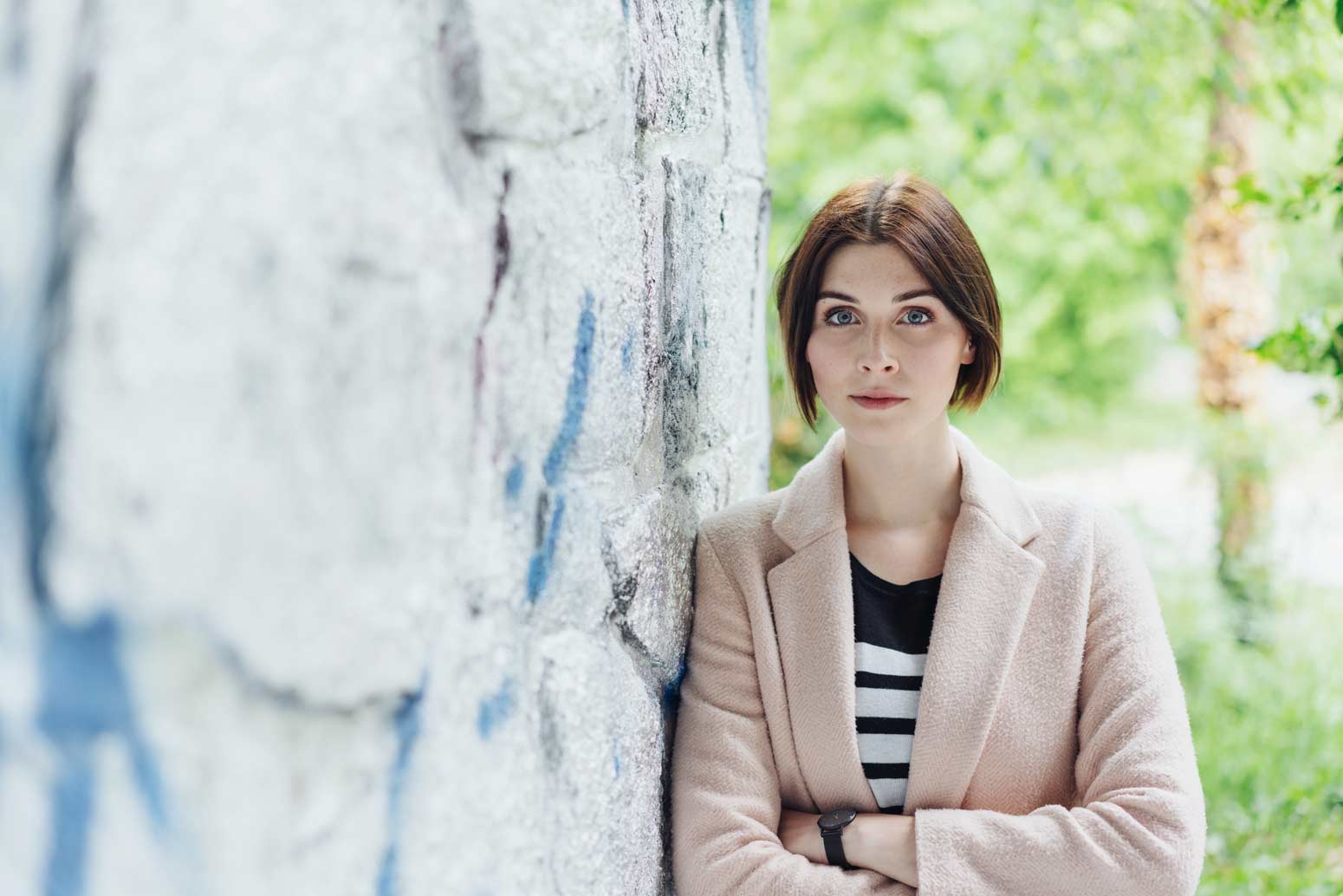‘Concerned but Hopeful’ Asked:
Dr. Zoe,
As a mother and grandmother, I feel we are in uncharted territory in our culture. The innocence of children seems to be robbed from them in the world they live in, through every medium and outside influence they encounter.
I believe that we can not nor should escape the culture in which we live, isolating ourselves from everyone that we disagree. But how do we as parents and grandparents protect while we prepare this young generation? How do we help them develop standards and integrity while instilling compassion and understanding within them?
I think most mothers and grandmothers could sure use some guidance.
Dr. Zoe Answered:
I’m glad to hear that you are hopeful. Our children and grandchildren are growing up in a world vastly different than the media-disconnected one in which we were raised. So many parents choose fear and anger instead of hope.
I do believe that we have an obligation to shelter them in their younger years and gradually release the reigns as they grow. But our connected world dictates that some things can not be avoided (as long as we would like). Our children will be exposed to ways of thinking and living that you may not have been exposed to until adulthood. This will in many ways shape their lens in ways that we don’t understand.

It’s crucial that we explain our world view and how it developed. It’s crucial that we ground our teachings in solid experience and scripture, not just a feeling or opinion. If we express our opinions, it’s important that we make it clear that they are opinions, not facts.
It is even more important that we separate our talking from our listening.
Our best defense is to listen. Ask questions, take the time to understand their ideas, thoughts and influences. We often rush to lecture. I am so guilty of this. We want to make sure we are pouring all the right things into their little psyche, without realizing that they have a lot to say and that it will inform what we need to say.
The hardest thing as a mama is to hide the shock in my head as my children give me a little TMI regarding all of the things they see and hear in the world.
We must model the behavior we teach without judgement and criticism of others who think and choose differently. This generation sniffs out hypocrisy like a hound dog. The best thing is to accept that their culture is different than ours and there are many valid aspects of it, despite how alien they seem to us.
Remember, it is a healthy part of their development to challenge your beliefs. Welcome it instead of fearing it. A challenged faith is a healthier, stronger faith. If our children rotely believe what we tell them without challenge, their integrity lacks the depth needed to withstand the storms when we aren’t around.
We don’t need to judge others in order to have integrity and morality. We simply need to have a standard for ourselves that we model for our children and the world. We can teach acceptance of others and their views and lifestyles at the same time that we explain God’s perfect will for humankind, which will never come to fruition until we are all with him again.
I think it is also important to expose our young children and young adults to others closer to their age who are on fire for God, who posses a high moral integrity and compass that may be a bit counter cultural.
Jackie Hill Perry, the author of Gay Girl, Good God: The Story Of Who I Was, and Who God Has Always Been is an excellent example of a woman that the younger generation can relate to. She talks about difficult subjects, from the perspective of having lived in the culture—yet she doesn’t denigrate the culture and instead, empathizes with it. She is on fire for God and is a beautiful testimony.
The truth is, our children and grandchildren can not relate to us and our experiences on all levels because they live in a different world than we did. This is not a deficit in either of us, but just a natural multigenerational process. It is okay. We can expose them to people who they can relate to, which will only strengthen, confirm and reinforce the messages they are hearing from us.
As a mama, I feel your pain. Keep your ears open and reign in your judgement and you and your little ones will thrive.
You’ve got this. It just takes a little grit and grace.












